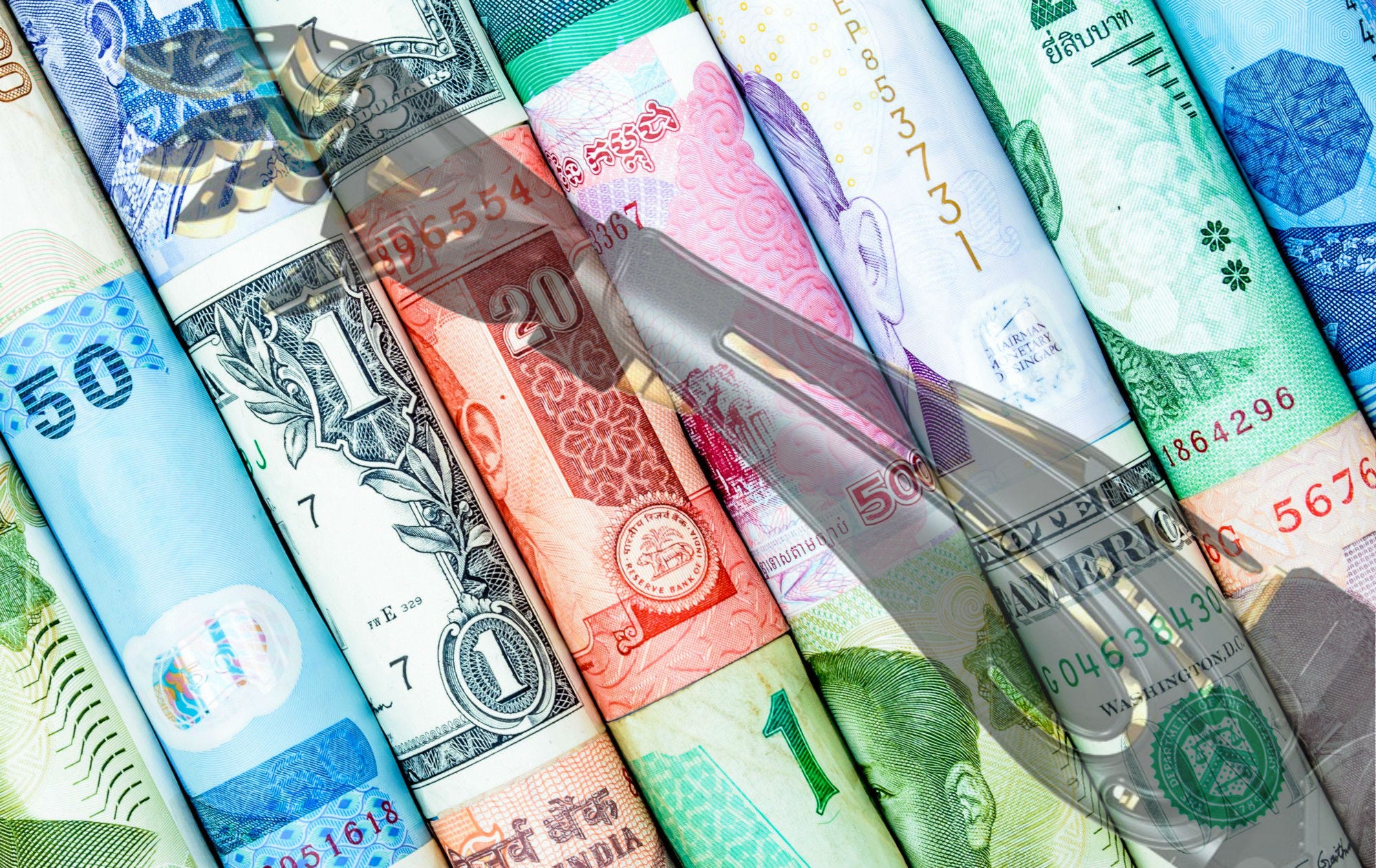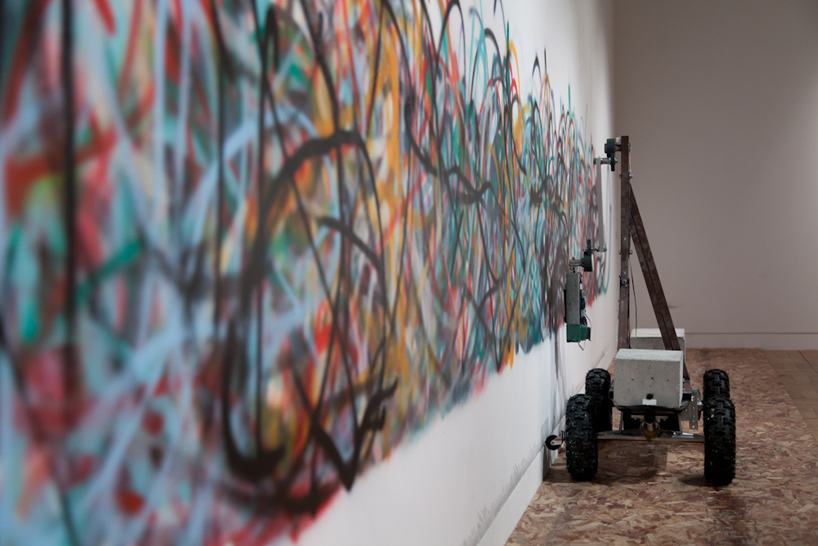Ban AI from creative work
If I ever go into politics I've figured out what my platform would be: Ban AI from doing creative work or jobs
Technological unemployment is a serious threat to our civilization. In a few years we are going to see robots driving cars and trucks replacing truckers and Uber drivers. Which will save a lot of lives and kill a lot of monotonous, boring jobs and drastically lower the cost of transportation. It's something that should happen. People who drive for a living SHOULD be learning new skills now because their jobs are definitely going away.
But then robots and AI are going to come for the jobs of store clerks, janitors, surgeons and computer programmers. They are going to do a much better job than us and cost A LOT less. It's pretty much inevitable.
Clearly this is problematic. Work imbues dignity. When our technology deprives us of work we're going to see society devolve. Although, some would debate that it's a good thing because it frees people of boring, monotonous jobs. What's hard to deny is that this is going to be really bad for the less intelligent half of any given population affected by technological unemployment. It's going a long time before AI can do intellectual work that requires a 120 IQ but the jobs like truck drivers will clearly be gone in 5-10 years. Western countries are idiotically both importing and (like in the movie Idiocracy) dysgenically with the welfare state "farming" people who have IQs below 100, who have little hope of competing with robots for their jobs and livelihood.
 Recommended reading: Free Market "Universal Basic Income"
Recommended reading: Free Market "Universal Basic Income"People who are REALLY bad at math propose universal basic income as a solution for technological unemployment but it's a really bad idea - it's just another rebranding of communism. When you bribe people to be lazy they just end up hating you. There's no good evidence from the population studies of UBI that it works as intended.
So what's the solution?
Creative work is crucial to our economy. We humans really enjoy being amused by videos, music, writing and art. In the foreseeable future as monotonous work goes away people will have more leisure time and there will be even more demand for creative works. Unemployed truck drivers can take crack at writing a novel. Technological unemployment may usher in a brilliant new creative renaissance.
Creative work is fun, stimulating, safe and challenging. It's ideal work for human well being and mental health. What a better world it would be if everyone did creative work!
Creative work is not as demanding of raw intelligence. Some might even say that less intelligent people make some of the greatest art. Todd the barista who flunked out of community college who's job was replaced by the Baristatron 8000 can instead devote himself to become the musician he's always wanted to be.

But AI will eventually begin to encroach on creative fields. AI will be able to read and analyze the top 1000 bestselling books in a given genre in an instant to figure out what thematic and stylistic features people love in a book and then write a novel that will rival the best work of Asimov, Rand or Tolstoy. The same with movies, music, art or video games. There will be incredible profit incentive for publishers and movie studios to replace their human creative talent with AI.
Thus my public policy platform would be to ban AI or robots from doing creative work. Unlike with truck drivers or surgeons there's no good reason why would want AI making our art, music and writing our books and it could save vast proportions of the population from depressing and dehumanizing permanent unemployment.
A critical skeptic might ask: Is there enough demand for creative work to give everybody a job?
I make the case in my exhaustive critique of UBI (linked above) that if we let the free market work and if society normalizes a little bit from the extreme progressivism that the cost of living will drop drastically while demand for creative work rises. And creative work also creates it's own demand. If you write a great book or song people pay attention. The demand for creative work has increased since Netflix has drastically increased the production value of TV series.
Yes this is statism and state regulation always has negative side effects but technological unemployment is such a dark future for our species. I don't see how the downsides of government intervention in the creative industry could be worse than the dystopian future which is an inevitability of the relentless march of technological progress.
The major problem with my policy proposal is of course that it would be downright impossible to ban AI or robots from creative work worldwide. It would be tantamount to banning internet porn. Someone somewhere would make it and people who really wanted it would find a way to download it. Some countries like China or Russia that generally disregard international law would develop it. But I contend that it would STILL be better to ban AI from creative work than totally surrendering our cultural narratives to a competitive species -- that virtually guarantees disaster!
Banning child porn online has not eradicated child porn from the world but it has made it very hard to find and it's also prevented it from proliferating into the mainstream and becoming a thriving industry. We can use the statism that we're stuck with to similarly ban the digital contagion of AI.
Banning AI from creative work is something I think anyone could get behind; republican or democrat, conservative or liberal. It can't be framed as racist or bigoted by propagandists in the mainstream media. There's not yet a powerful AI lobby bribing our politicians with millions or billions of dollars to act against our best interests. Deluded social justice warriors have NOT yet demanded that robots and AI have human rights. The time is now to do this!
If human beings can stay in creative control of our industries and societies we can likely maintain our rightful place as the dominant species on this planet and avoid becoming subservient to the technological gods that we are birthing.